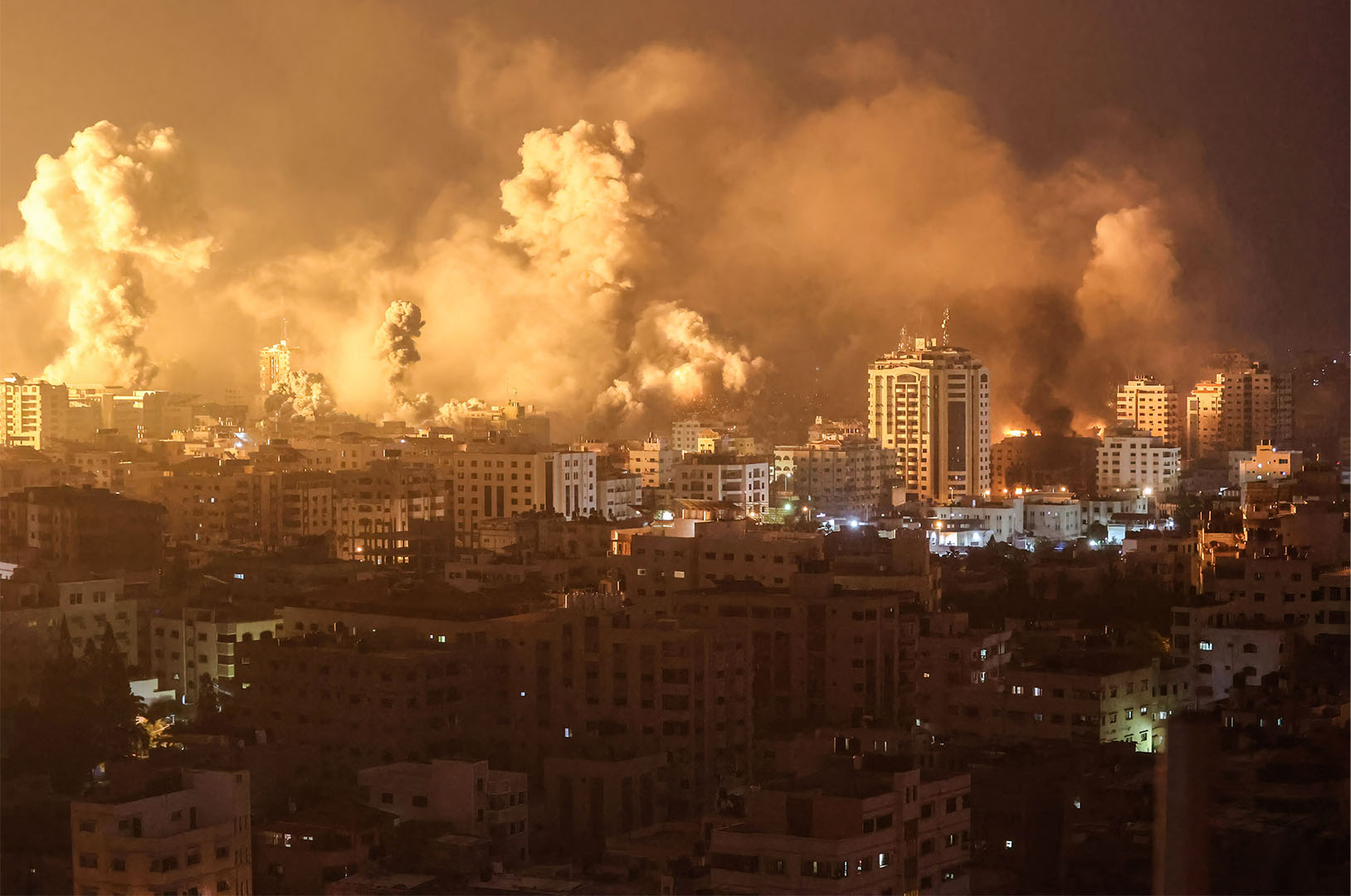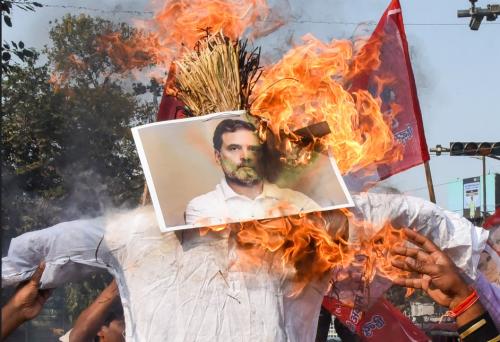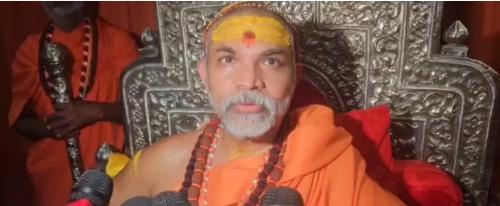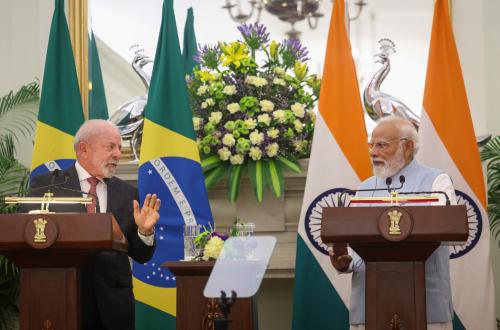Haifa [Israel], April 11 (ANI): Nearly 60,000 Israelis were evacuated from 43 towns that are under attack by Hezbollah missiles, amid fears that the militant group could execute its offensive plan to occupy the Galilee region of northern Israel, an Israeli researcher said on Wednesday.
"The war started here on October 8 and since then, we are under fire from Hezbollah every day with anti-tank missiles, which are accurate missiles that are launched against everybody. They killed an Indian foreign worker as well. 60,000 Israelis were evacuated in 43 towns; 43 towns have become ghost towns since this war started. The situation also affects those who were not evacuated that are living like myself," the president and founder of Alma Research and Education Centre and former researcher in the Israel Defence Forces Intelligence Corps, Sarit Zehavi told ANI.
"I live 9 km from the border and these areas were not evacuated but we do hear all the sounds of war around us. We had the sirens a few times. So everything changed, you know, since this war started. And I think that the thing that troubles us more, or the worst scenario that now we saw it happening is that Hezbollah will execute its offensive plan to occupy the Galilee," she added.
Haifa is a city in Israel that has views of the Lebanese border and the Western Galilee region of Israel. It's located on the northern slopes of Mount Carmel, with the lowest level being the centre of commerce and industry, the middle level being residential neighbourhoods, and the upper level being modern neighbourhoods. The city is also close to Haifa Bay and has many beaches on the Mediterranean.
On whether Israel would agree to a ceasefire in the region amid rising pressure from the US President Joe Biden administration, she claimed that the ceasefire would not ensure security and peace but rather would enable Hezbollah to preserve its capabilities against Israel.
"There could be a ceasefire, but a ceasefire doesn't mean security and peace. Actually, I am more worried of a scenario of a ceasefire that will enable Hezbollah to preserve its dangerous capabilities against Israel and will preserve its initiative to one day invade and kill us the same way that Hamas had done in the south," she said.
"I think there are various options. Each of them has a price. The Israeli government will have to choose between a bad option to a bad option in this situation because we need to bring the 60,000 Israelis back to their homes and Hezbollah wants to make sure they are out of their homes." she added.
Another Indian researcher in Israel also described his first reaction to the war and the help he received from the Indian embassy to safely return to India.
"So when it started, it was sudden, like there was whole confusion on that day. And then things became clear. The embassy contacted us regarding the flight back. As they said, they will take all of us who want to go home," Rahul, an Indian student who is pursuing PhD in organic chemistry in Israel.
"So, eventually, they took us back in two, three days. Like all the people who wanted to go home, we signed up via email and then they took us home in three days. And, yeah, it was very clear and we knew what to do exactly," he added.
Another Indian student in Israel thanked the authorities in New Delhi for helping its citizens in Israel and making sure of their safety in the war-torn region.
"When the attack happened, we got an email from the embassy. We contacted embassy and the government of India and the Embassy of India were kind enough. They did everything and everything was very smooth. So we would like to, thanks to government of India and also government of Israel, like here. Everything was good, like, to our university. And so, yeah, everything was very smooth," he said.












